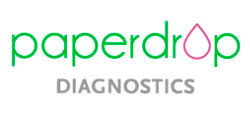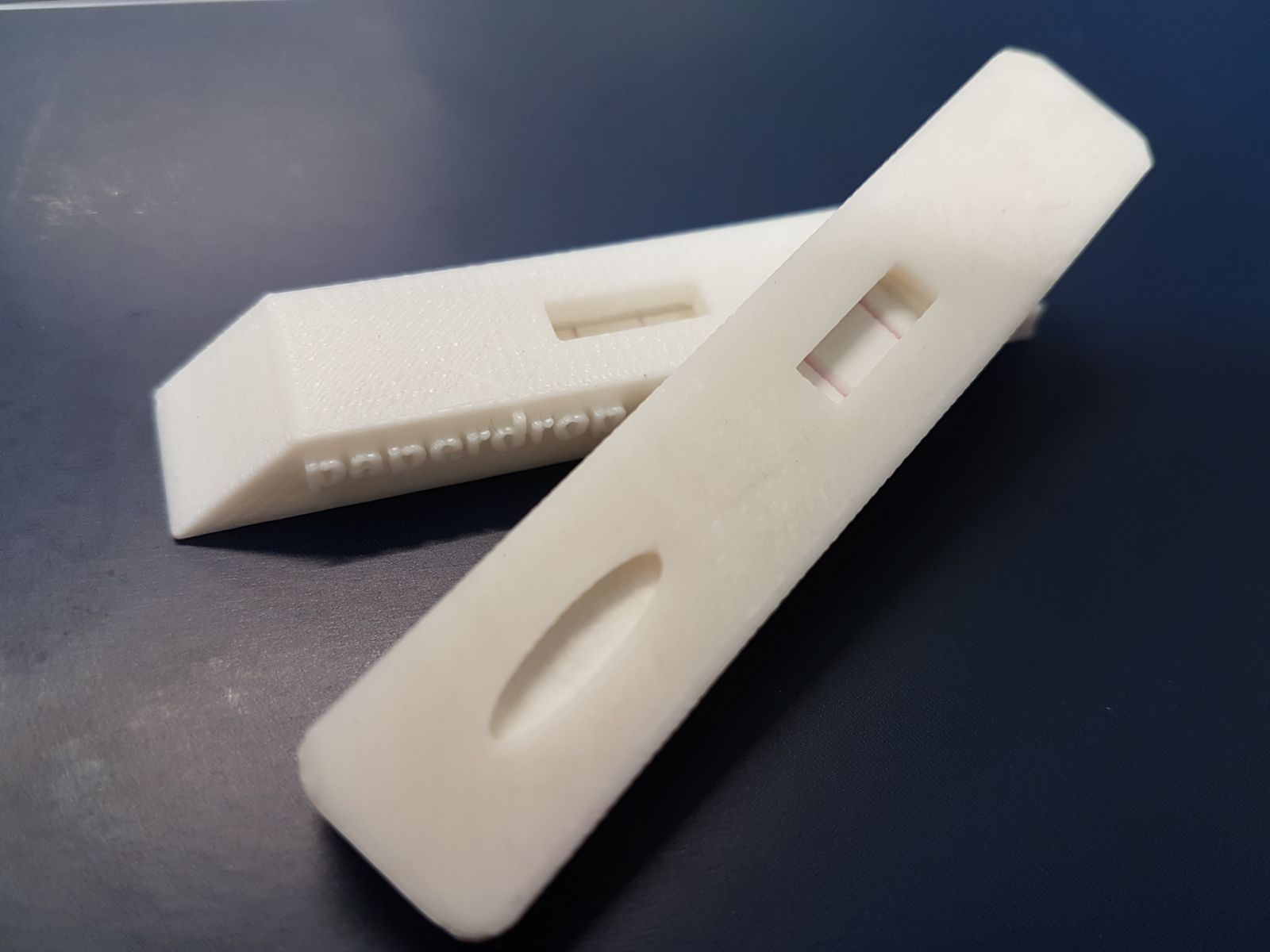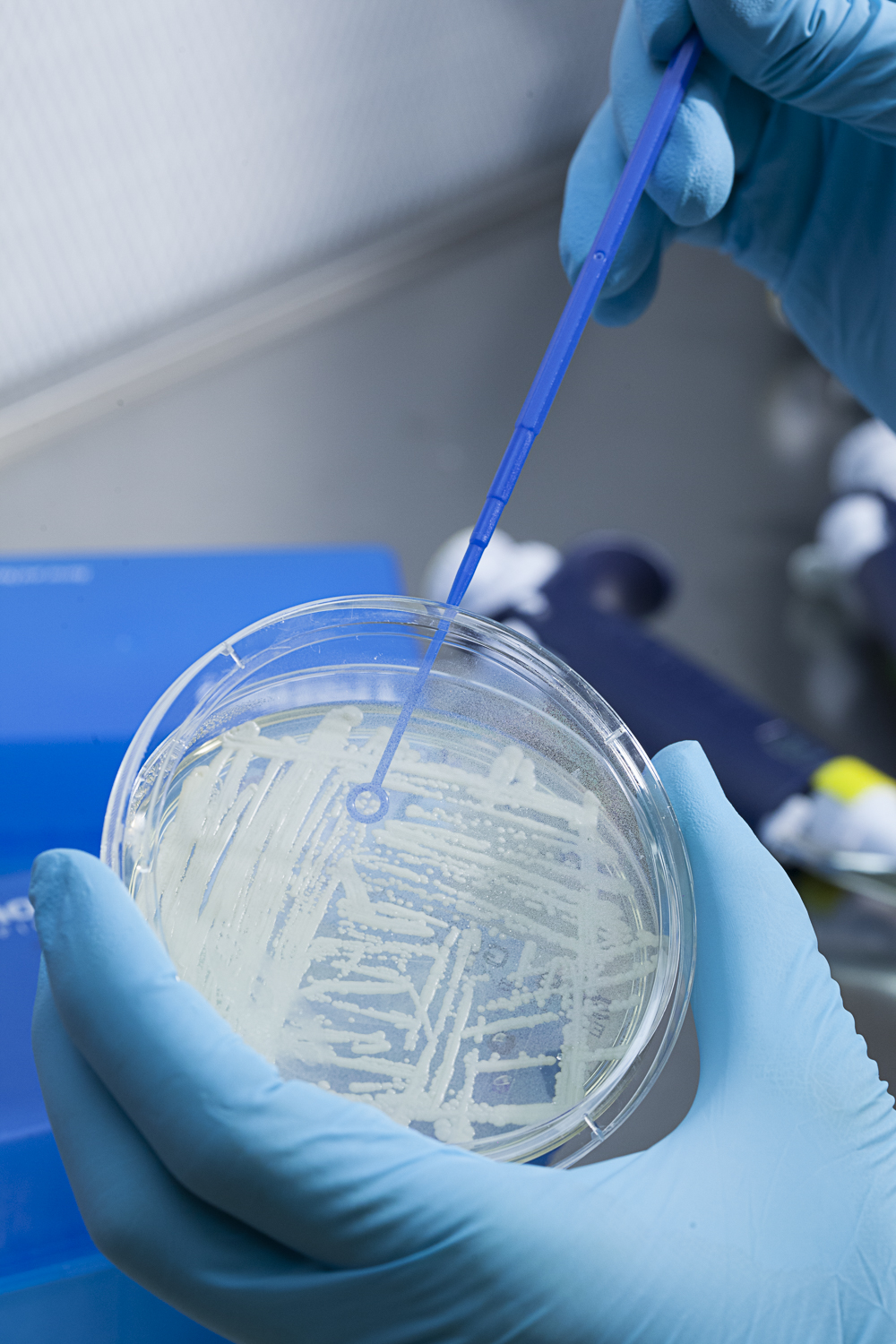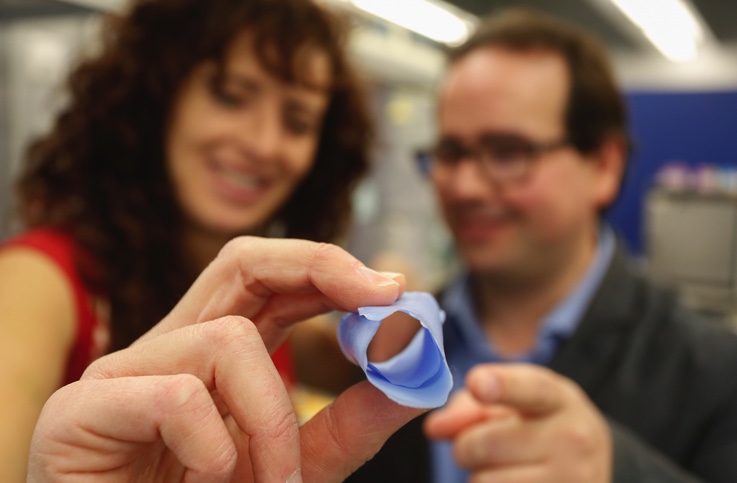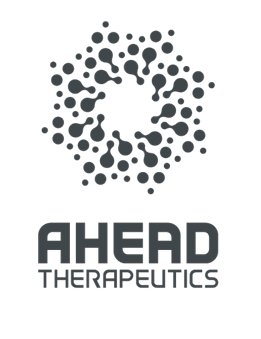24
| ICREA | Host Institution | Patents |
|---|---|---|
|
EXPERIMENTAL SCIENCES & MATHEMATICS |
9 |
|
| Ramón Álvarez Puebla | Universitat de Rovira i Virgili (URV) | 2 |
| Frank Koppens | Institut de Ciències Fotòniques (ICFO) | 2 |
| Julio Lloret Fillol | Institut Català d’Investigació Química (ICIQ) | 2 |
| Ruben Martin Romo | Institut Català d’Investigació Química (ICIQ) | 2 |
| Andriy Yaroshchuck | Universitat Politècnica de Catalunya (UPC) | 1 |
|
ENGINEERING SCIENCES |
11 |
|
| Majid Ebrahim-Zadeh | Institut de Ciències Fotòniques (ICFO) | 1 |
| Arben Mekoçi | Institut Català de Nanociència i Nanotecnologia (ICN2) | 1 |
| Josep Nogués Sanmiguel | Institut Català de Nanociència i Nanotecnologia (ICN2) | 1 |
| Valerio Pruneri | Institut de Ciències Fotòniques (ICFO) | 3 |
| Romain Quidant | Institut de Ciències Fotòniques (ICFO) | 3 |
| Neus Sabaté Vizcarra | Institut de Microelectònica de Barcelona – Centro Nacional de Microelectrònica ((IMB – CNM) – CSIC)) | 1 |
| Jordi Sort | Universitat Autònoma de Barcelona (UAB) | 1 |
|
LIFE & MEDICAL SCIENCES |
4 |
|
| Pau Gorostiza | Institut de Bioenginyeria de Barcelona (IBEC) | 1 |
| Ángel Rodríguez Nebreda | Institut de Recerca Biomèdica de Barcelona (IRB Barcelona) | 1 |
| Luis Serrano | Centre de Regulació Genòmica (CRG) | 2 |
13
‘Device and method for the preparation of platelet rich plasma’
Ramón Álvarez-Puebla (URV)
‘Optofluidic device and method for detecting circulating tumour cells’
Ramón Álvarez-Puebla (URV)
‘Calixpyrrole compounds and creatinine-selective electrodes comprising them’
Pablo Ballester Balaguer (ICIQ)
‘A crystalline metal organic framework’
José Ramón Galán-Mascarós (ICIQ)
‘Non-magnetic insertion probe for spectroscopic measurements’
José Ramón Galán-Mascarós (ICIQ)
‘Liposome-based immunotherapy’
Daniel Maspoch (ICN2)
‘Method of forming an electronic device on a flexible substrate’
Arben Merkoçi (ICN2)
‘Process for quantum random number generation in a multimode laser cavity’
Valerio Pruneri (ICFO)
‘ID0097-00 – Confidential’
Valerio Pruneri (ICFO)
‘Ultrafast quantum random number generation process and system thereof’
Valerio Pruneri (ICFO)
‘Methods and compositions for the diagnosis and for the treatment for adrenoleukodystrophy’
Aurora Pujol (IDIBELL)
‘Specific mTOR inhibitors in the treatment of X-linked Adrenoleukodystrophy’
Aurora Pujol (IDIBELL)
‘Antibodies against lif and uses thereof’
Joan Seoane (VHIO)
Science to Market
1
José Ramón Galán-Mascarós | Institut Català d'Investigació Química (ICIQ) | Experimental Sciences & Mathematics
MEMCARB – A membrane-based module for selective carbon dioxide separation
The purification and recovery of CO2 from gas streams is a key technological challenge with many immediate applications. From the environmental perspective, CO2 is the most abundant greenhouse gas in the atmosphere. Thus, the design of an efficient, energy intensive and low cost CO2 capture unit is of utmost importance for the deployment of Carbon Capture and Storage (CCS) technologies at the industrial scale. This would mitigate CO2 emissions from power plants, combustion engines or industrial operation exhaust streams.
On the other hand, CO2 separation is also very important from the energy point of view as it is also an undesirable impurity in natural gas or biogas, with concentrations as high as 70%. Thus, carbon dioxide separation for methane purification/distribution to meet pipeline grade requirements is also of great technological and economic interest.
Through the ERC Starting Grant MEMCARB we have discovered and tested in our lab the remarkable separation capability of the novel metal-organic framework [Cu(L-trzhis)2] (MOF, trzhis = a triazole-functionalized histidine derivative). This MOF acts as a chromatographic stationary phase for CO2 with a unprecedented selectivity a(CO2/CH4) ≈ 71, at 1 bar, six times higher than the best available membrane system in this pressure range. Short beds of this MOF separate CO2 from methane and non-polar gas components N2, H2, O2, olefins, etc. with retention times one order of magnitude longer than any other CO2-selective MOF, such as, Cu-BTC (BasoliteTM C300). Through this project we will process this MOF into membranes for the development of industrial-size CO2 separation/purification modules, working at minimum pressure differentials (≈ 0.1 bar), in a large pressure range (1-20 bar) and at temperatures up to 130 ºC. Thus, MEMCARB membranes are expected to combine the economic and functional advantages of gas separation membranes, with an unprecedented CO2 selectivity, opening up unique possibilities to develop a large-scale membrane process for CO2 separation and a promising technology for carbon capture and storage (CCS).
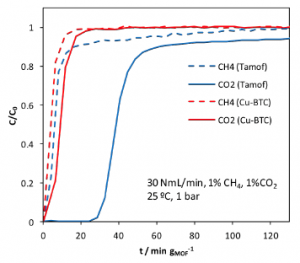
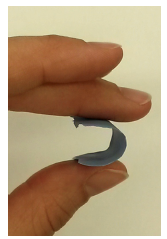
Comparative breakthrough experiments with our MOF and commercial BasoliteTM C300 for a CH4/CO2 gas stream (left).
A lab-scale MOF-containing membrane for CO2 separation. Our MOF gives the membrane blue color (right).
Spin-off companies
5
PaperDrop Diagnostics SL
Supported by the Institut Català de Nanociència i Nanotecnologia (ICN2)and ICREA
Entrepreneur: ICREA Research Professor Arben Merkoçi
Born in May 2017
PaperDrop Diagnostics S.L. is a nanobiotech company focused on the development of new diagnostic tools.
Drug-induced injuries (DII) are a little-known public health problem that can cause serious complications and even death. They are caused by kidney or liver failure as a result of adverse drug reactions and/or polypharmacy, the use of four or more medications. This tends to implicate the elderly, which makes DIIs a growing concern in the context of an aging population.
Currently, early diagnosis of DIIs is non-existent and, when symptoms do present, they can often be misdiagnosed as pertaining to another problem, resulting in a prescription cascade. While this is not so common in the clinical trial setting, where DIIs are a known problem and specialist resources are available for their detection, in its chronic form it is down to primary care physicians to diagnose the DII, who do not typically have access to the necessary resources.
Paperdrop Diagnostics S.L. proposes a low-cost, easy-to-use device for just such a situation. Its lateral flow immunoassays and microfluidic paper-based analytical devices are being optimised to detect six key biomarkers known to be correlated with the main DIIs: drug-induced kidney injuries, drug-induced liver injuries and systemic inflammatory response syndrome. And it can do so from a single drop of the patient’s blood.
QuSide Technologies SL
Supported by the Institut de Ciències Fotòniques (ICFO) and ICREA
Entrepreneurs: ICREA Research Professors Morgan Mitchell & Valerio Pruneri
Born in September 2017
QuSide Technologies S.L. is set up to develop quantum technologies for the cyber-security and super-computation worlds. By exploiting photonics technologies and by leveraging the maturity of the semiconductor manufacturing industry, QuSide products bring unprecedented security and performance to the information era.
Patented technology relies on the quantum mechanical principle of spontaneous emission to generate true random numbers.
Microomics SL
Supported by the Centre de Regulació Genòmica (CRG) and ICREA
Entrepreneur: ICREA Research Professor Toni Gabaldón
Born in September 2017
Microomics SL its a Biotech spin-off company specialized in microbiome analysis, being the fist biotech in the national territory that focuses in metagenomics solutions.
Our business strengths rely on high technical expertise and top-notch research facilities, combined with attractive strategic partnerships and academic collaborations.
Our mission is to bring advanced scientific expertise to provide practical solutions to customer and the society as an alternative and innovative approach to new and traditional questions in Biomedicine, Health-Care, Energy, Agrifood, including animal and plan breeding, Consumer Goods Industry and Environmental sectors.
We transform metagenomic data into knowledge contributing to society through sustainable growth and improved health and wellbeing.
Orchestra Scientific SL
Supported by the Institut Català d’Investigació Química (ICIQ) and ICREA
Entrepreneur: ICREA Research Professor José Ramón Galán-Mascarós
Born in December 2017
Orchestra Scientific SL is born as a start-up company with the aim to exploit the commercial potential of recent patents and know-how developed by ICREA Prof. JR Galan-Mascaros at ICIQ. Our team is designing new economic solutions for the characterisation and purification of materials with special interest in renewable energies and CO2 mitigation and valorisation.
Ahead Therapeutics SL
Supported by the Institut Català de Nanociència i Nanotecnologia (ICN2) and ICREA
Entrepreneur: ICREA Research Professor Daniel Maspoch
Born in December 2017
Ahead Therapeutics SL is a biotech company linked to the IGTP Immunology of Diabetes Research Group led by Dr Marta Vives-Pi and to the ICN2 Supramolecular Nanochemistry and Materials Group led by ICREA Research Prof. Daniel Maspoch, where researcher Dr Mary Cano is also based.
The company was created to advance the development of therapies for autoimmune diseases and pursue their application in a clinical setting. It was established after the researchers generated and proved the efficacy of an immunotherapy approach for treating type 1 diabetes and multiple sclerosis based on nanotechnology. Specifically, the therapy uses liposomes to halt the self-destructive autoimmune response triggered by such diseases.
The company aims to provide the financial and structural framework needed to take these results into the clinical arena and turn them into treatments for these and other autoimmune diseases, which are becoming more and more prevalent. Just weeks after it was founded, Ahead Therapeutics SL had received support from several investors. Apart from the seed capital, the company has already attracted 1.1 million euros in private funding.
